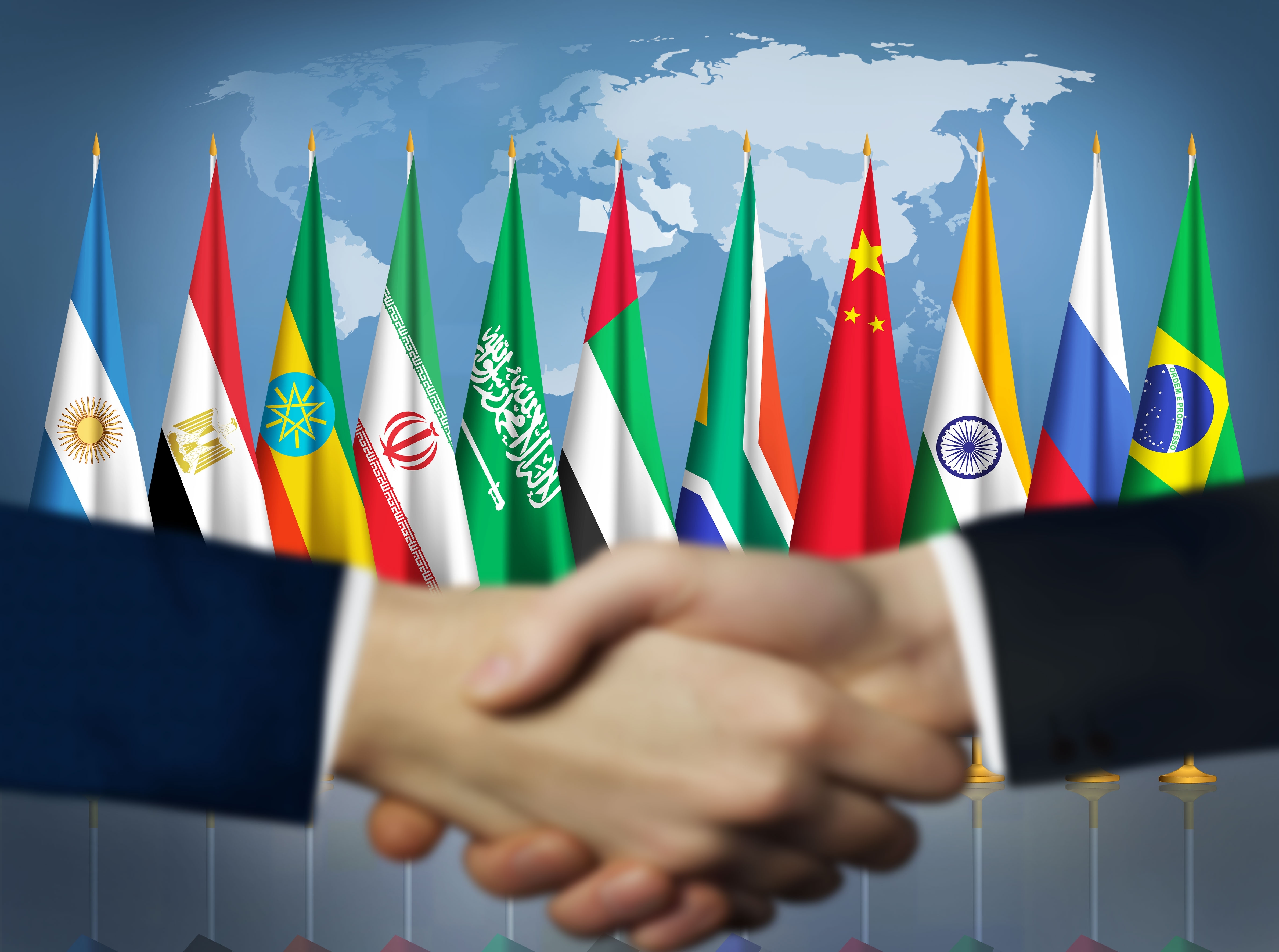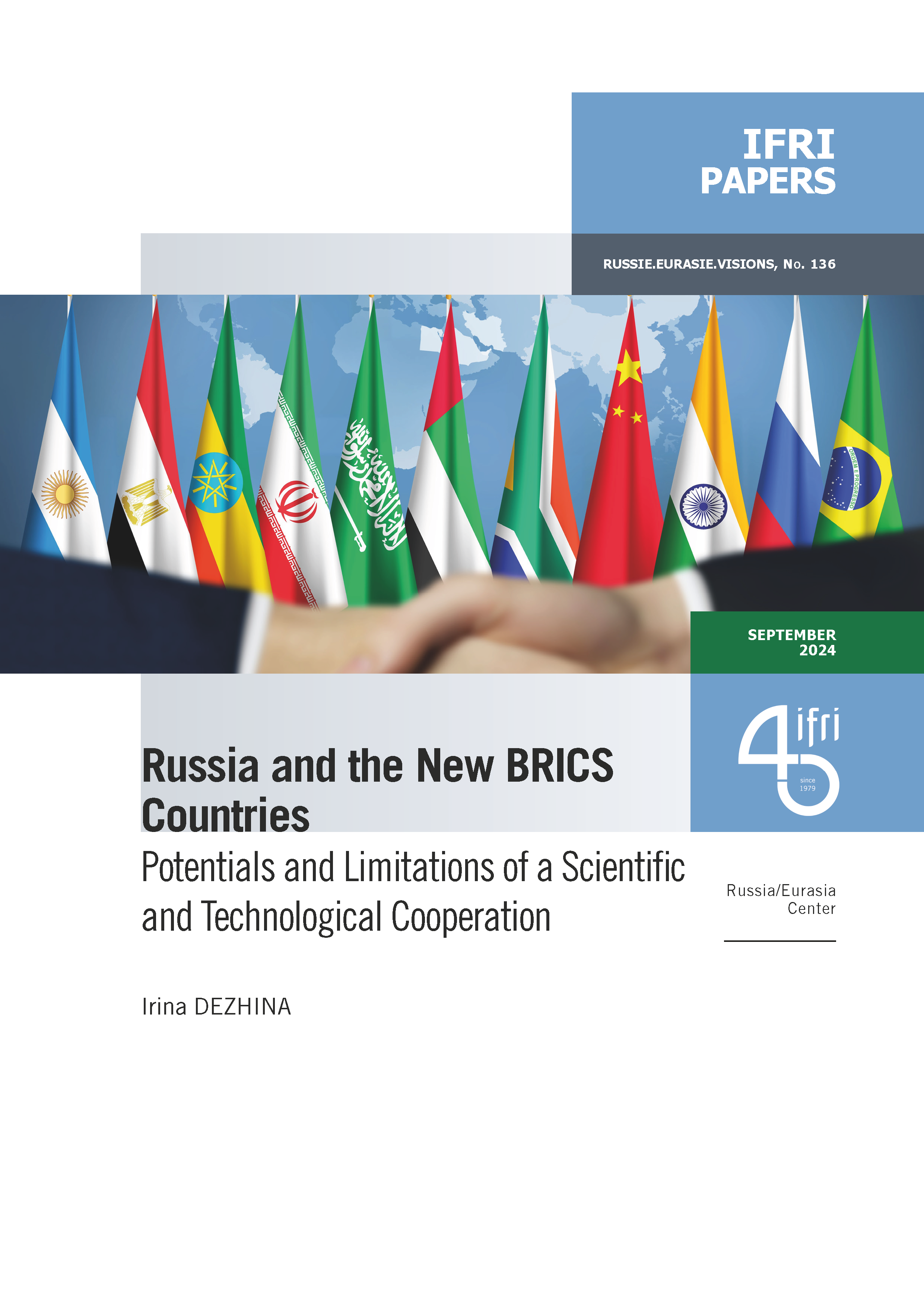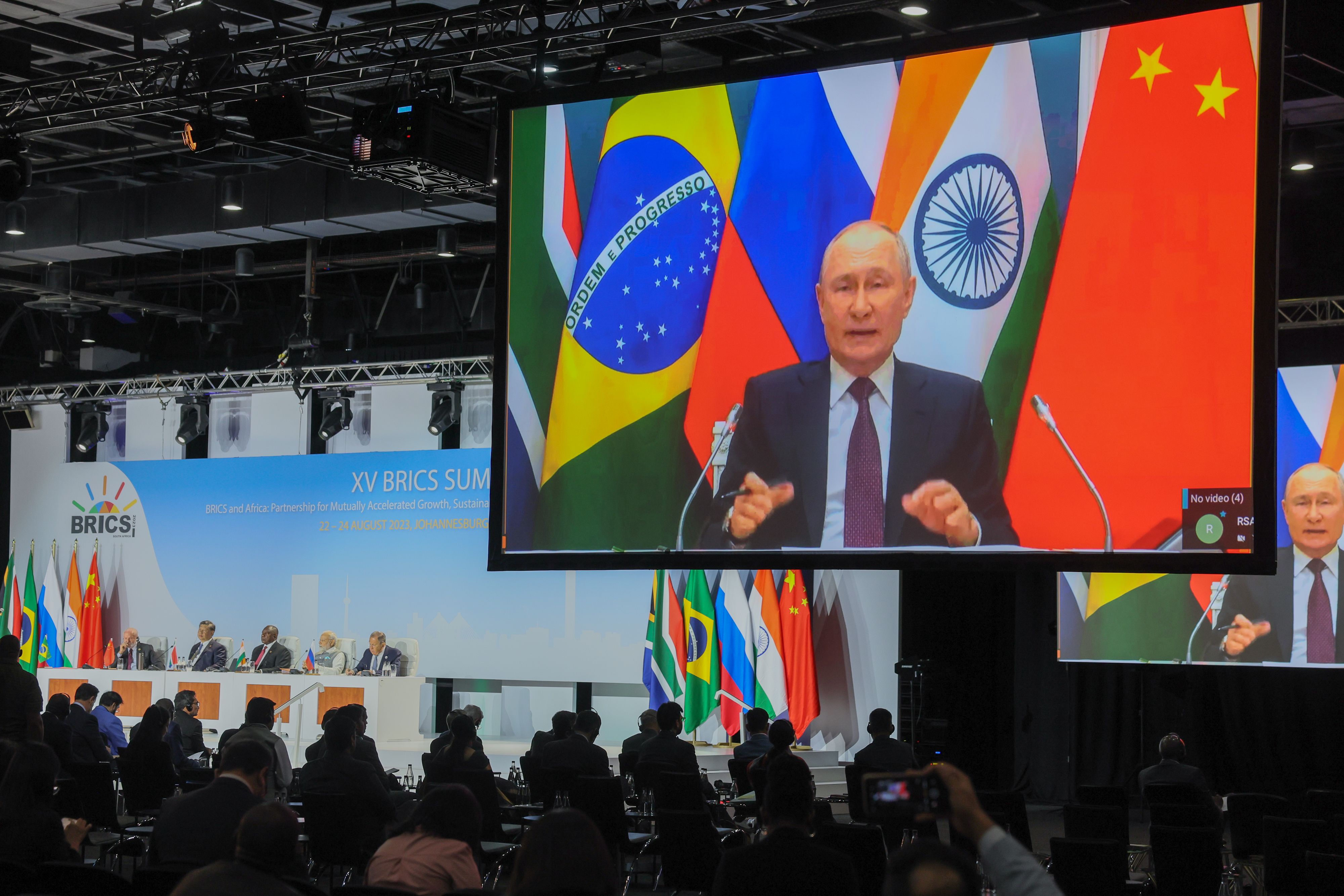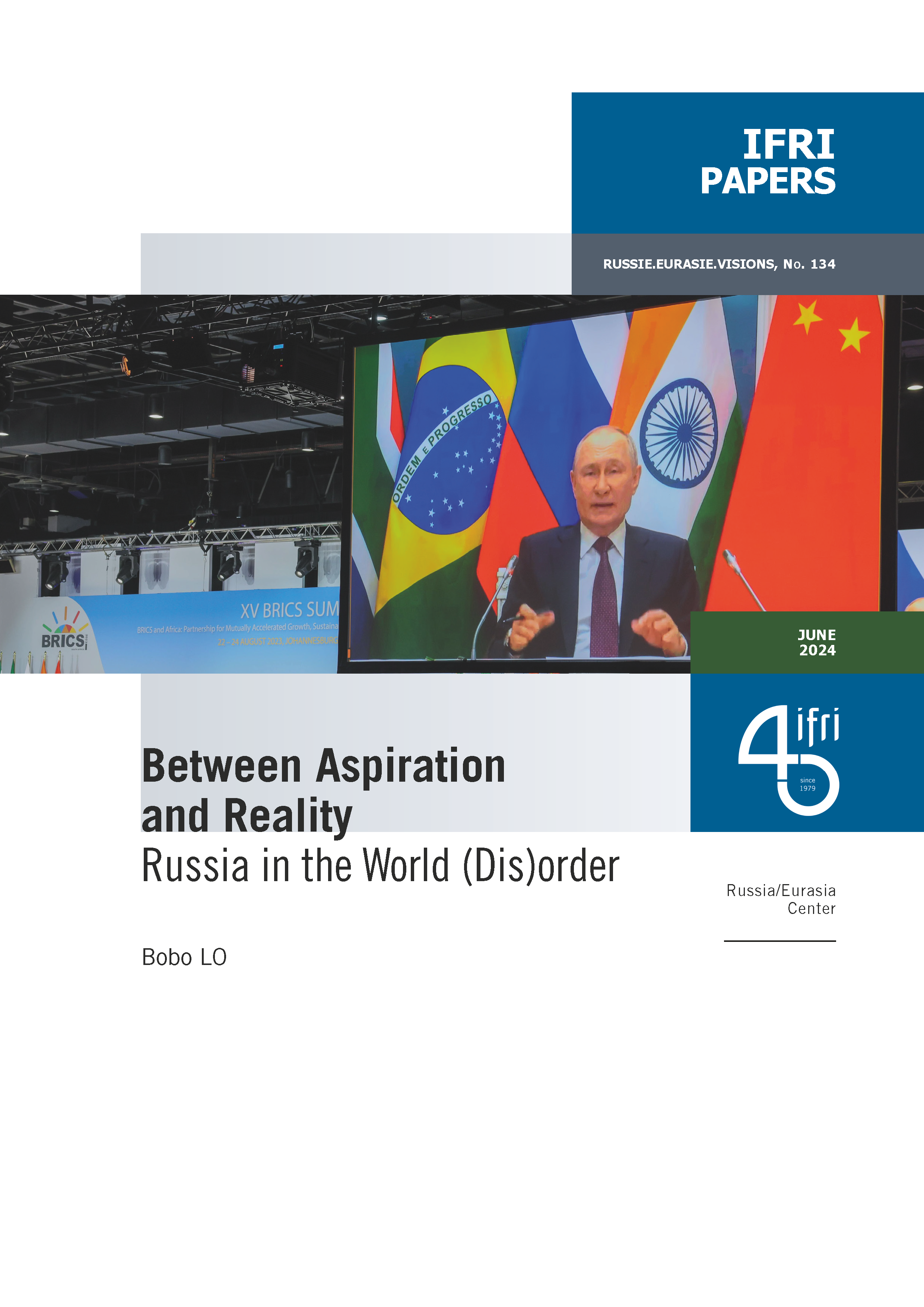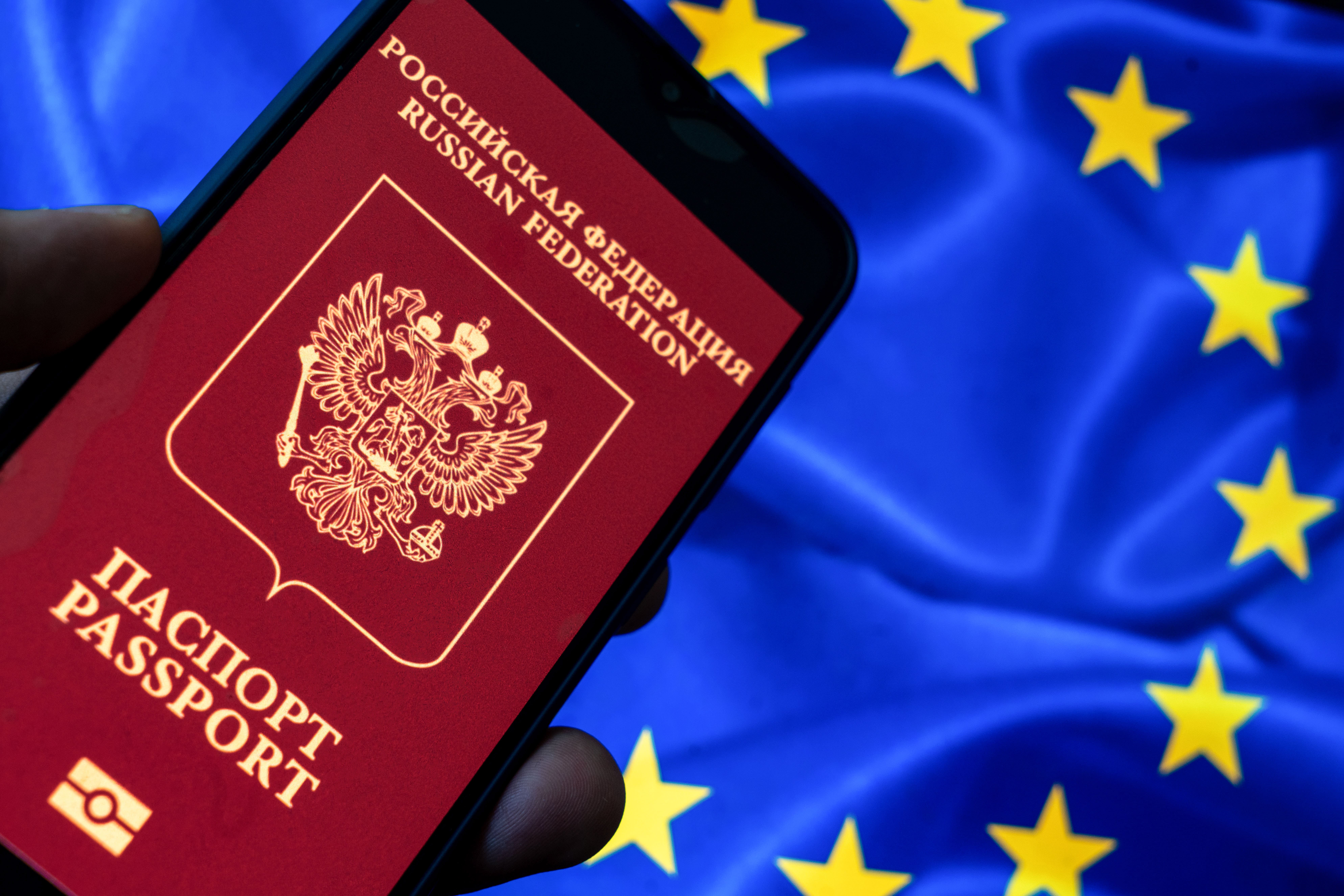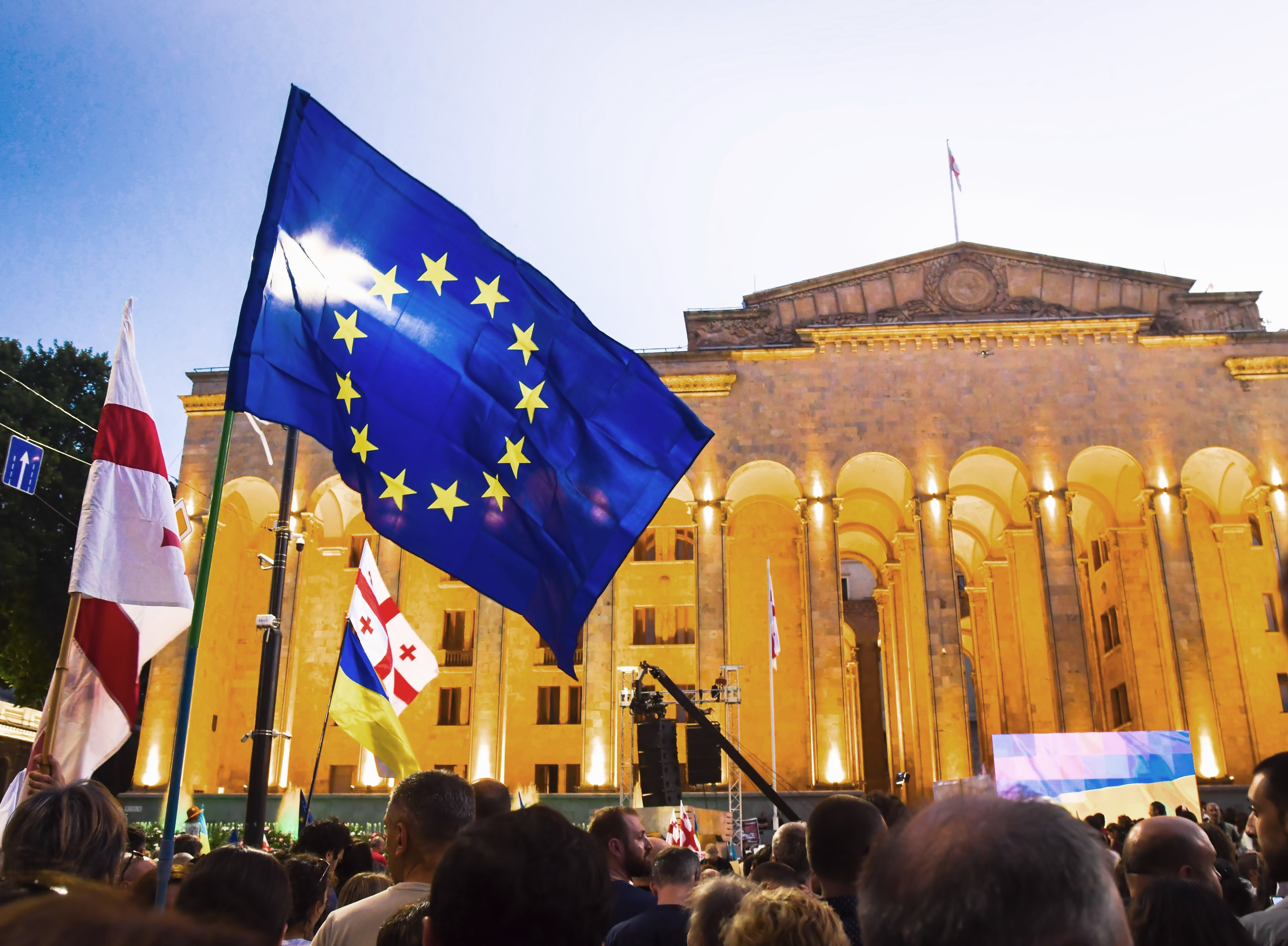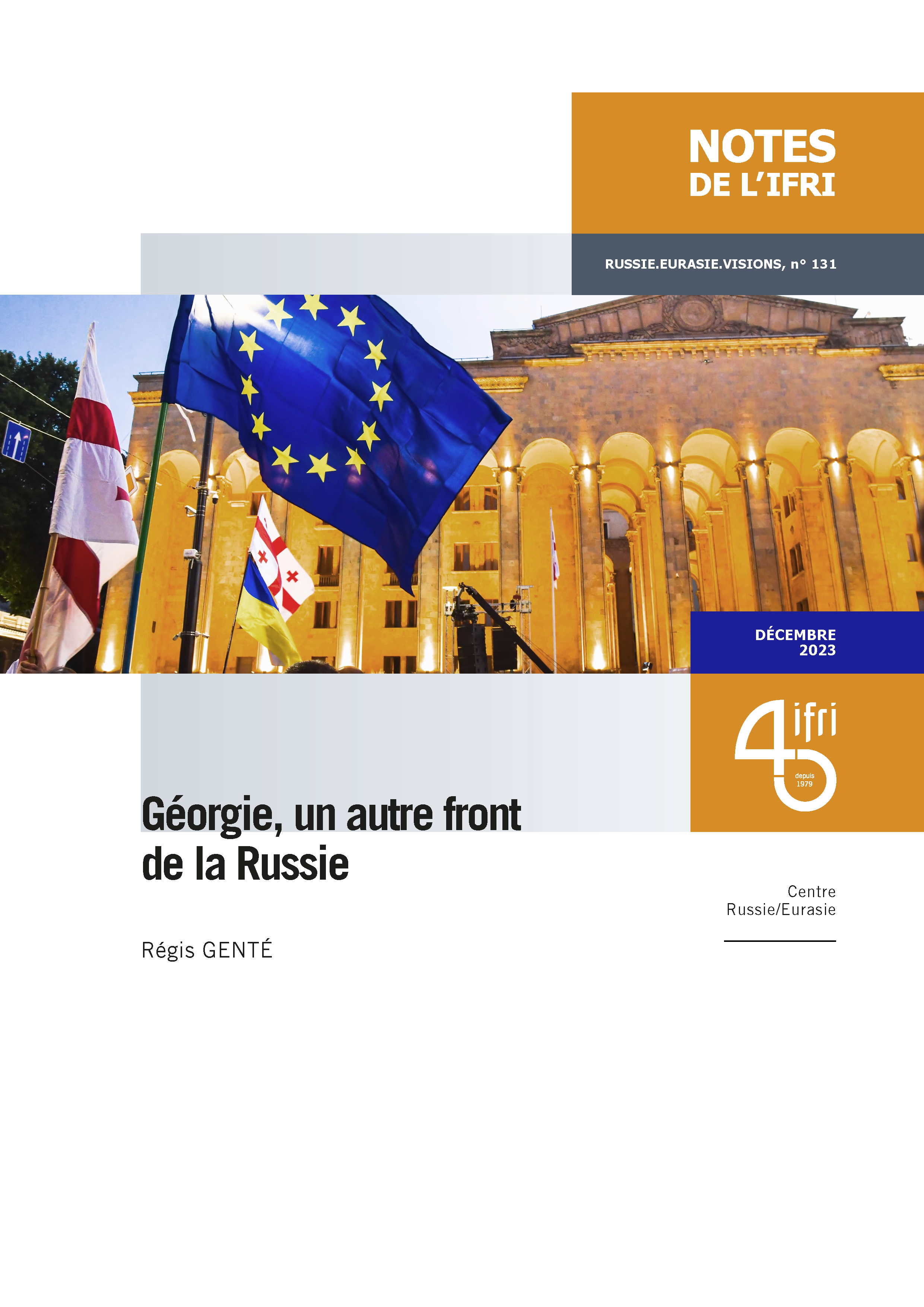Russia/Eurasia Center
Founded in 2005 within Ifri, the Russia/Eurasia Center conducts research and organizes debates on Russia, Eastern Europe, Central Asia, and the South Caucasus. Its goal is to understand and anticipate the evolution of this complex and rapidly changing geographical area in order to enrich public discourse in France and Europe and to assist in strategic, political, and economic decision-making.
Read more


Director of the Russia/Eurasia Center, Ifri
Publications
See all our interventions
Flagship Publications
Titre Bloc Axe
Research Areas
See all our interventions
Titre Axe de recherche
Russian Economy and Society
The Economy and Society research axis within Ifri's Russia/Eurasia Center is interested in economic questions including the impact of Western sanctions on the Russian economy as well as the evolution of society (demography , middle classes, youth, education, opposition, militarization, protest movements, etc.).
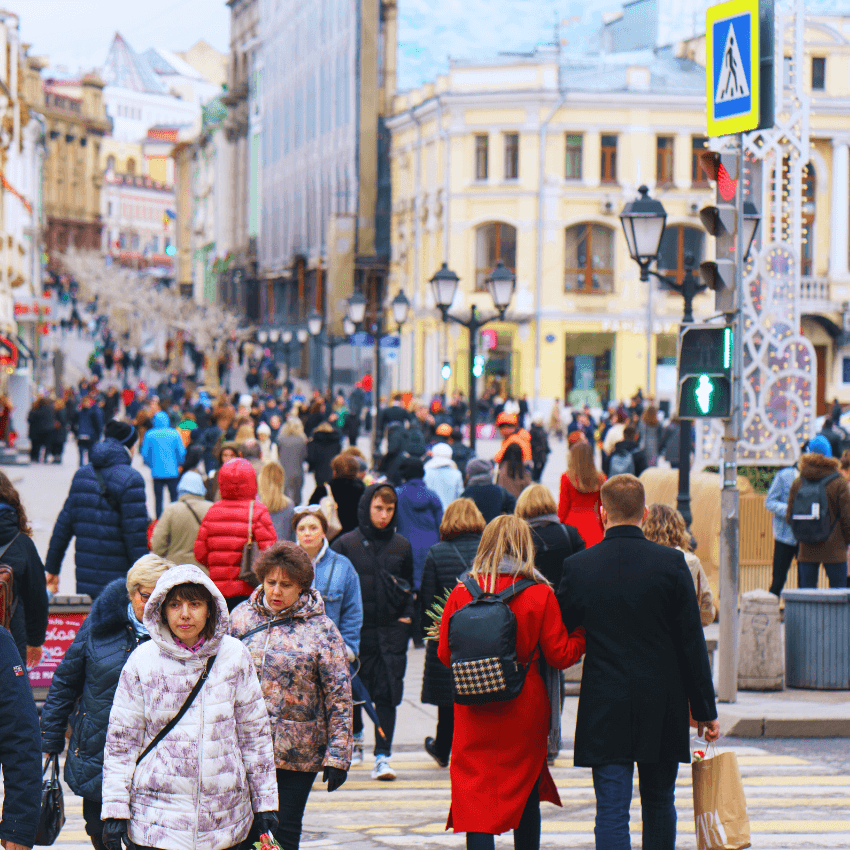
Titre Axe de recherche
Russian Domestic Politics
The Domestic Politics research axis within Ifri's Russia/Eurasia Center analyzes Russian domestic politics, the evolution of the political system and its elites, as well as their relations with society.
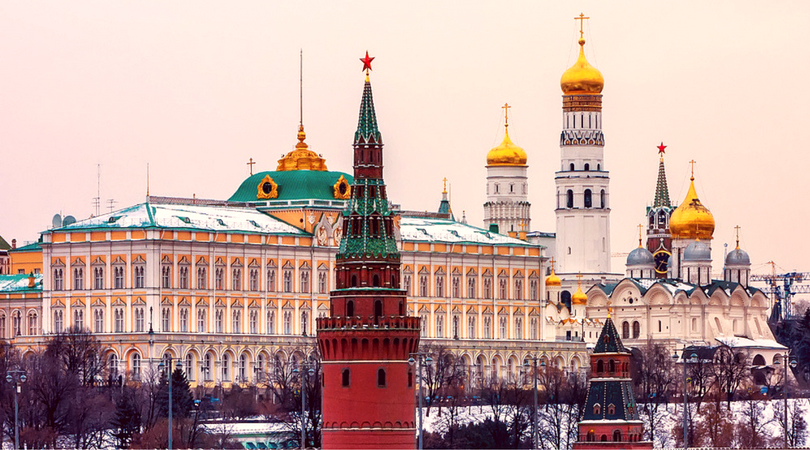
Titre Axe de recherche
Russian Foreign Policy and Defense
The Foreign Policy and Defense research axis within Ifri's Russia/Eurasia Center examines Russia's relations with the former Soviet republics and the rest of the world, particularly the West and China. A specific importance is given to defense and security issues.
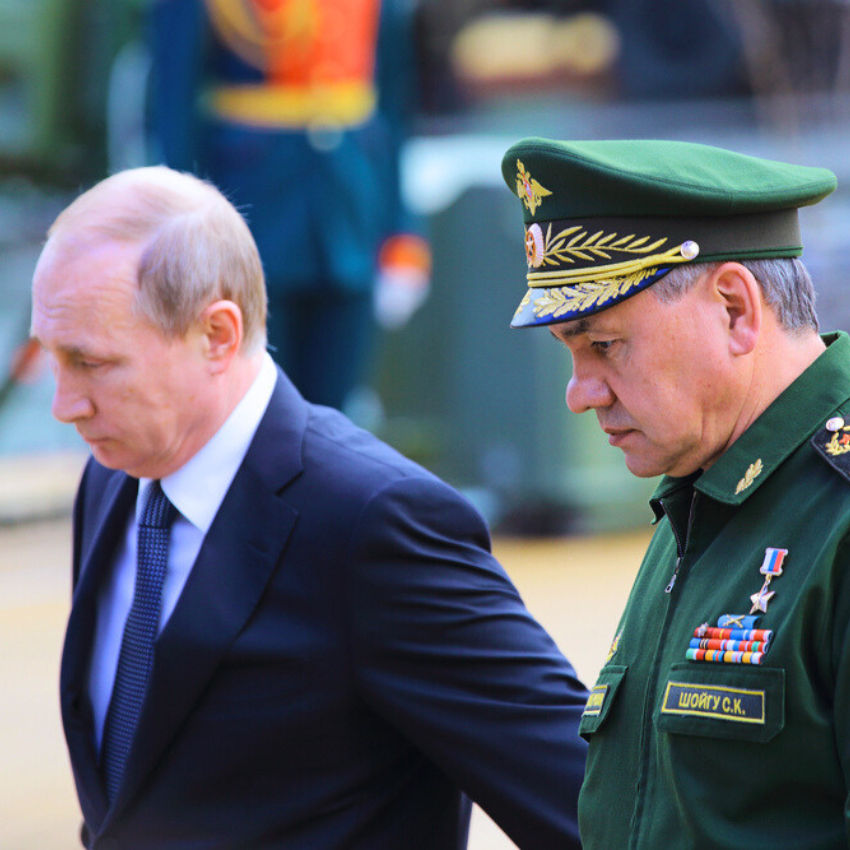
Titre Axe de recherche
Eurasia
The Eurasia research axis within Ifri's Russia/Eurasia Center analyzes internal developments in Ukraine, Moldova, Belarus, Georgia, Armenia, Azerbaijan, Kazakhstan, Uzbekistan, Turkmenistan, Tajikistan and Kyrgyzstan, as well as their relations with the Russian Federation and other regional and global powers.
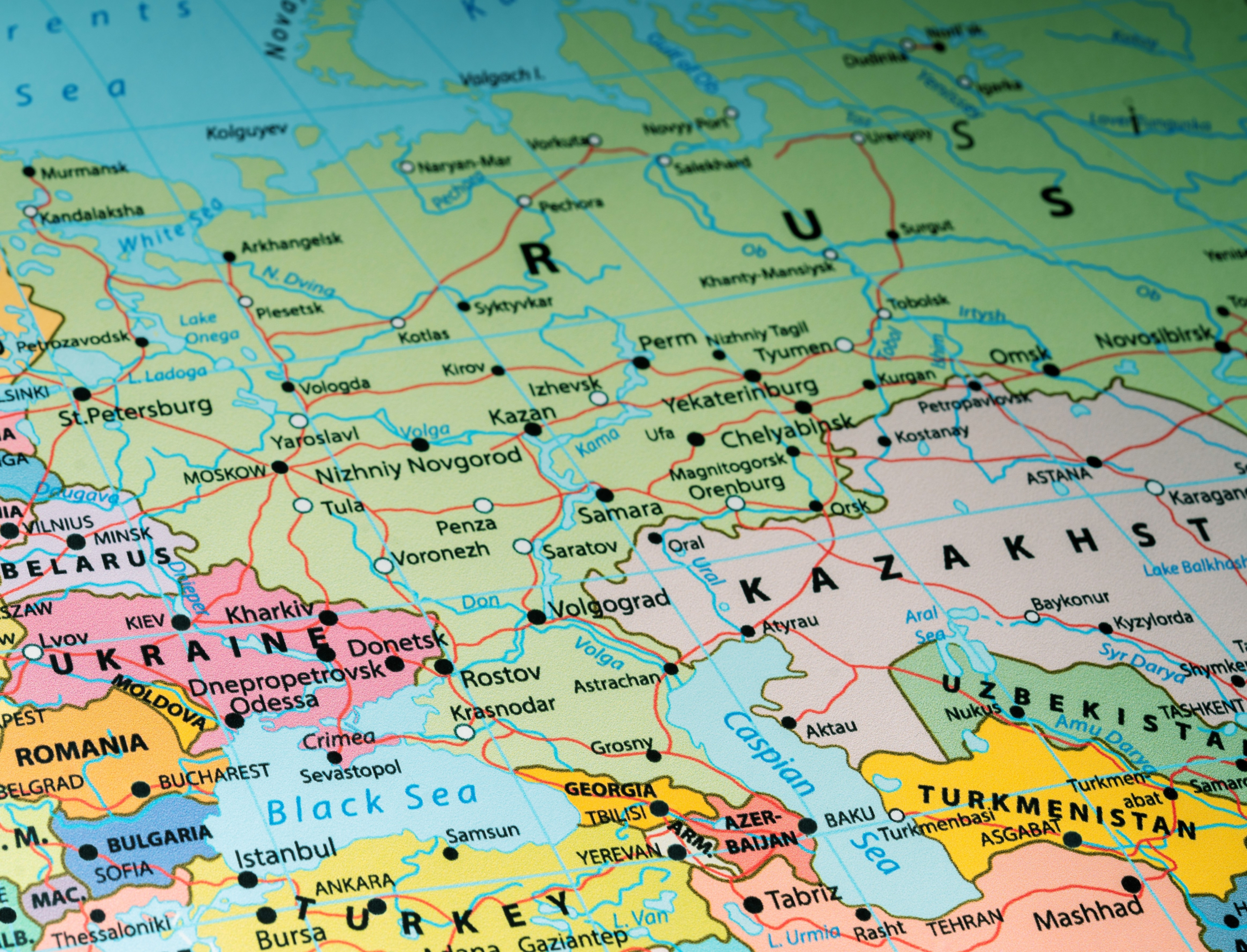
Publications
Obama and Russia: Facing the Heritage of the Bush Years
Barack Obama's recent overtures toward Russia show a desire to break away from the Bush years, which were characterized by a profound deterioration in American-Russian relations. To gauge the chances of success for this openness, we must reexamine the Bush legacy weighing on the resumption of relations, especially on their strategic dimension. Indeed, direct exchanges between the two countries over the course of the past eight years have increasingly turned towards head-on opposition. Indirect exchanges between the two states in Russia's neighborhood also display contradictory influences, with Iran and Georgia bringing to light deep-rooted differences fuelled by cold war-style rhetoric. In other words, even if Barack Obama appears to be imposing his own style by reorienting America's foreign policy, his scope for action is partly limited by the legacy of his predecessor.
Russia's Armed Forces: The Power of Illusion
Paradoxically, Russia's military success during the "five day war" in the South Caucasus in August 2008 highlighted the deplorable state of its conventional armed forces, weakened by years of underfunding, failed reforms and declining social prestige. Nevertheless, the Kremlin sees the military as one of the principal elements in the restoration of Russian power. As a result, it seeks to promote a positive image of the armed forces, which is nothing more than an illusion, manipulated for both domestic and international ends. The return of heavy weaponry to annual parades on Red Square and Soviet-era symbols on military uniforms, the resumption of strategic bomber flights, and the deployment of Russia's navy to Latin America and the Caribbean all play a role in the staging of this illusion. Taking into account Russia's current economic difficulties, it will be difficult to realize the ambitious reform agenda laid out after the Georgian war; in these conditions it remains likely that the Russian authorities will be tempted to undertake a marketing campaign, rather than a reform program.
Roger N. McDermott is an Honorary Senior Fellow at the Department of Politics & International Relations, University of Kent, Canterbury, and a Senior Fellow in Eurasian Military Studies at the Jamestown Foundation, Washington DC. He specializes in defense and security issues in Russia, Central Asia and the South Caucasus, and his published research appears in journals such as the Journal of Slavic Military Studies and the International Journal of Intelligence and Counterintelligence.
Russie.Nei.Visions is an electronic collection of policy papers published in French, English and Russian by the Russia/NIS Center, Ifri.
China as an Emerging Donor in Tajikistan and Kyrgyzstan
China has become an important provider of development assistance (through grants and soft loans) to Central Asian states. The focus of this study is the two states of the region most in need of aid: Tajikistan and Kyrgyzstan. The paper discusses the characteristics of Chinese assistance, comparing its activities and policies in Central Asia with those in Africa, and draws conclusions about the implications of such growing engagement. Given the European Union's declared interest in the region, notably through its Strategy for Central Asia adopted in 2007, the opportunity is taken to suggest ways in which China's growing development role should be understood in Brussels.
The report is based on research trips to Tajikistan and Kyrgyzstan in June-August 2008 supported by a grant from the Norwegian Ministry of Foreign Affairs. It is part of the Regional Competence-Building for Think Tanks project in the South Caucasus and Central Asia organized by the Norwegian Institute of International Affairs.
Islamist Terrorism in Greater Central Asia: The "Al-Qaedaization" of Uzbek Jihadism
The goal of this paper is to analyze the threat of Islamist terrorism in Central Asia, through analysis of what could be termed a real Al Qaeda-like threat: the IMU (Islamic Movement of Uzbekistan) and its splinter cells, which seem to be the real problem in Central Asia.
Russian-Chinese Relations through the Lens of the SCO
Since 2001, the Shanghai Cooperation Organization (SCO) has played an important role in the improvement of Russian-Chinese relations. It has proven valuable for the expression of Moscow and Beijing's common interests at a regional level. However, the SCO is not insulated from potential difficulties in the Russian-Chinese relationship. Therefore, both countries hope that the organization can become a mechanism to manage tensions stemming from their sometimes divergent interests in Central Asia. However, to develop fully as an organization it must remain relevant to all its members, not just Russia and China.
Academic Cooperation between Russia and the US. Moving Beyond Technical Aid?
This article outlines the developments in Russian-American cooperation in the area of higher education since the collapse of the Soviet Union. It reveals the fundamental problems that have arisen in this partnership and draws conclusions about the necessity of moving away from technical aid towards a new model of cooperation between Russia and the United States in this sphere. It makes practical recommendations for the more effective integration of Russian universities into the global educational space.
Russia's 2020 Strategic Economic Goals and the Role of International Integration
Toward a New Euro-Atlantic "Hard" Security Agenda: Prospects for Trilateral U.S.-EU-Russia Cooperation
The Team

Our research fellows: Russia/Eurasia Center
Support independent French research
Ifri, a foundation recognized as being of public utility, relies largely on private donors – companies and individuals – to guarantee its sustainability and intellectual independence. Through their funding, donors help maintain the Institute's position among the world's leading think tanks. By benefiting from an internationally recognized network and expertise, donors refine their understanding of geopolitical risk and its consequences on global politics and the economy. In 2024, Ifri will support more than 70 French and foreign companies and organizations.








